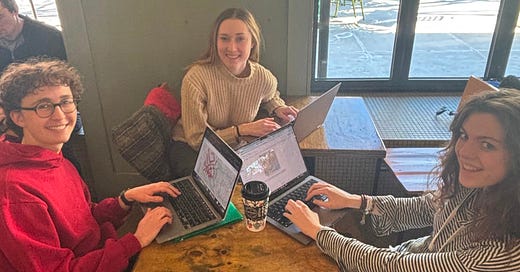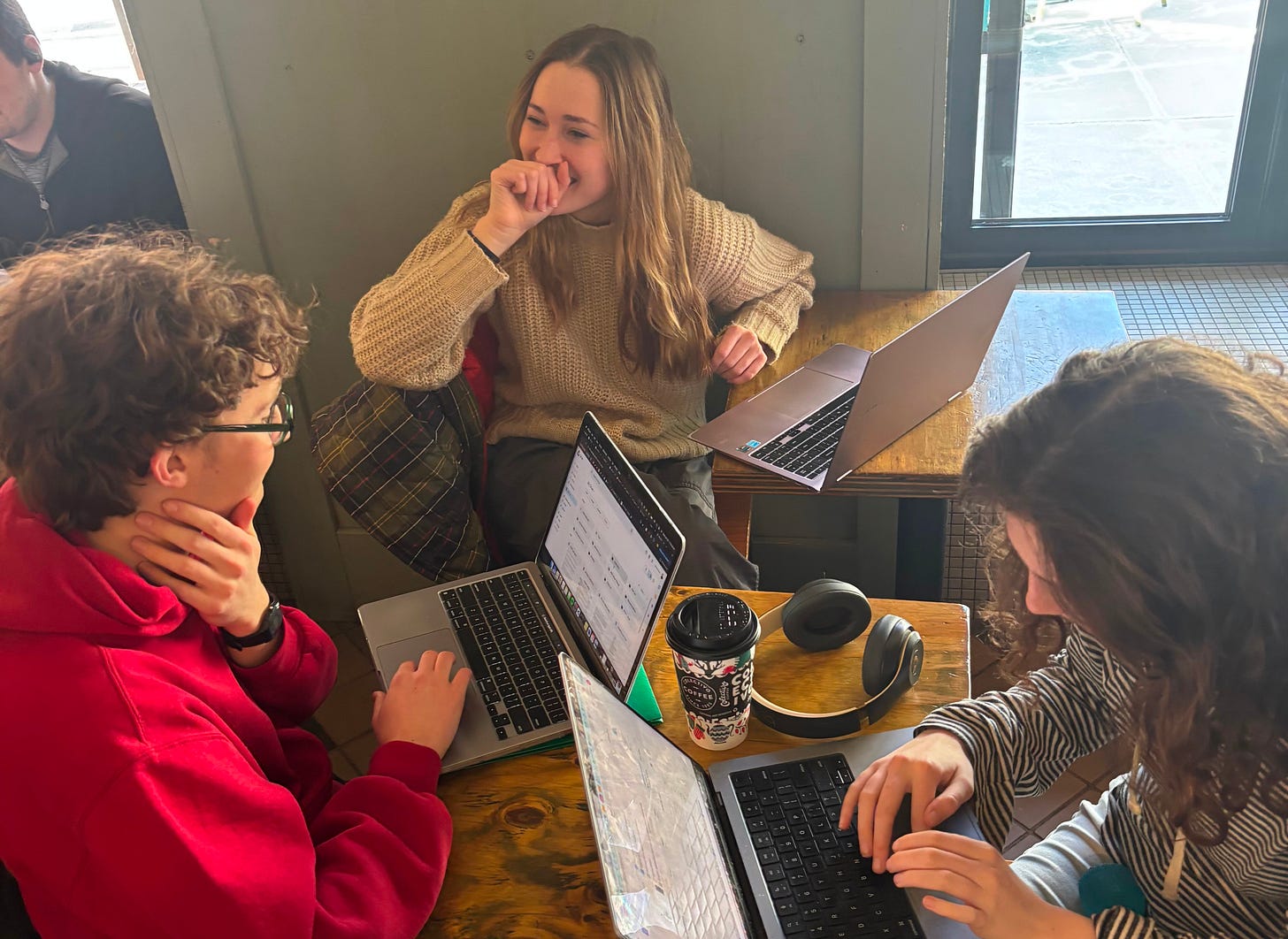A Great Contest for Undergrads Who Like Using Math Modeling, Data, and Creativity to Solve Real Problems
Every year, COMAP hosts the Mathematical Contest in Modeling (MCM)/Interdisciplinary Contest in Modeling (ICM) (you can think of it as one contest). They also have a version for high school students.
In 2024, about 28,000 teams from around the world competed in MCM/ICM.
I highly recommend it. It is great for undergraduates studying industrial engineering, operations research, systems engineering, and data science and anyone who likes to use math and data to solve problems.
The students work on a problem in a team of up to three people over a long weekend. Just like the real world, the problems are challenging and ambiguous. The students get to test their modeling and data skills while tapping into their creativity.
I like the contest because it exposes students to new problems and gives them an experience close to a mini-consulting project. I did the contest as an undergrad and it helped me decide I wanted to get into industrial engineering and operations research.
Interestingly, a group of luminaries in Industrial and Systems Engineering released a paper called “Grand challenges in industrial and systems engineering.” One grand challenge is how IE and SE education needs to change. The MCM (and problems like this) fits into how education needs to change. I know that many schools already use this as part of their curriculum.
This year’s competition wrapped up last night. Here are the problems the students could pick from:
Problem A: Testing Time: The Constant Wear On Stairs
Problem B: Managing Sustainable Tourism
Problem C: Models for Olympic Medal Tables (predicting medal winners)
Problem D: A Roadmap to a Better City (infrastructure planning in Baltimore)
Problem E: Making Room for Agriculture
Problem F: Cyber Strong?
When I came to Northwestern, I was excited to get some teams to compete. (Getting students to give up a weekend can be hard.) This year, we had a team.
They worked on the transportation infrastructure for Baltimore. Their quotes below highlight the benefits of the contest:
"It was a really great opportunity to take a variety of concepts that I have learned about in a classroom setting and apply it to a real-world problem with real repercussions." – Breck Dunbar.
"Being able to apply the skills we’ve learned throughout our four years at Northwestern to create tangible city plans has been incredibly rewarding and gives me a sense of how I can contribute social good in my professional career." – Bennie Goldfarb.
"The advantage of IE is the broad skillset we acquire, and I loved getting to use many of those skills in this competition. From Network Analysis to data mining to Optimization modeling, our final solution showcased our diverse abilities, all leveraged to improve the lives of others!" – Cate Mathews.







Those kind of contests are great! I buid a World Cup simulator in Pascal for an end of semester presentation while in college and I loved it
Wish I had more opportunities like these ones